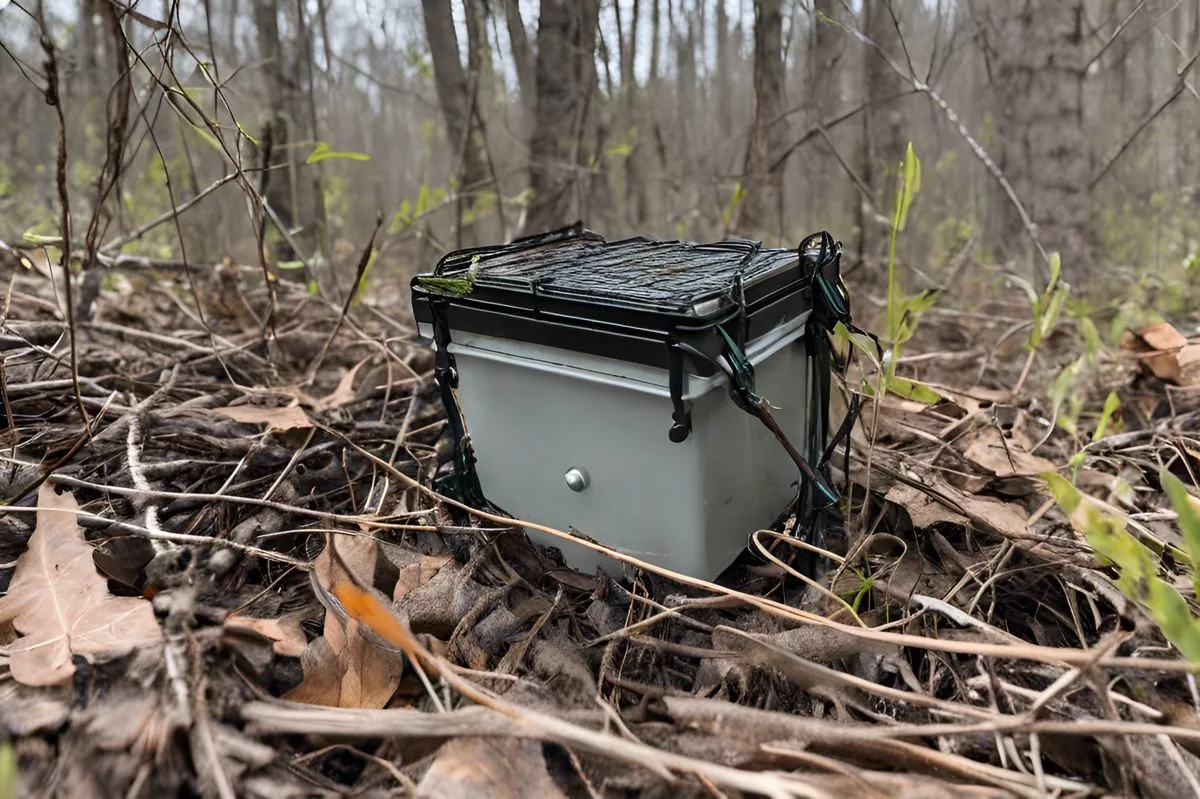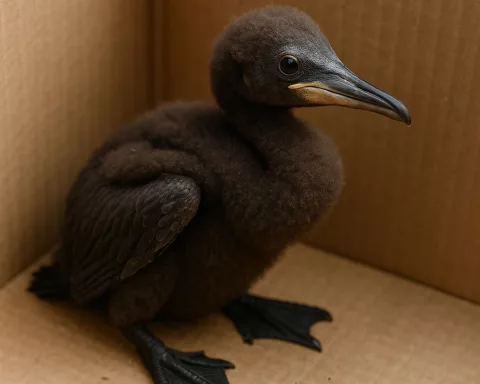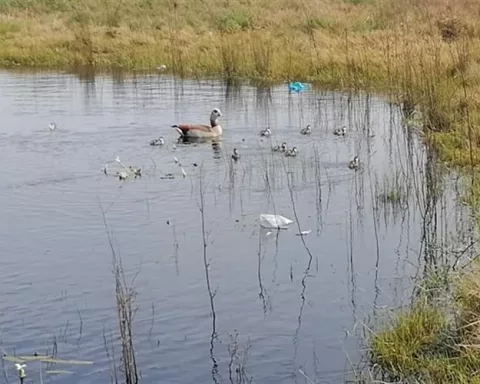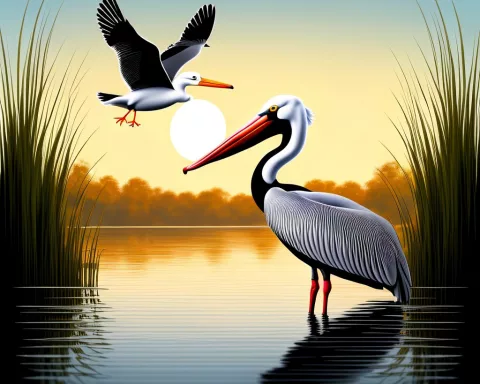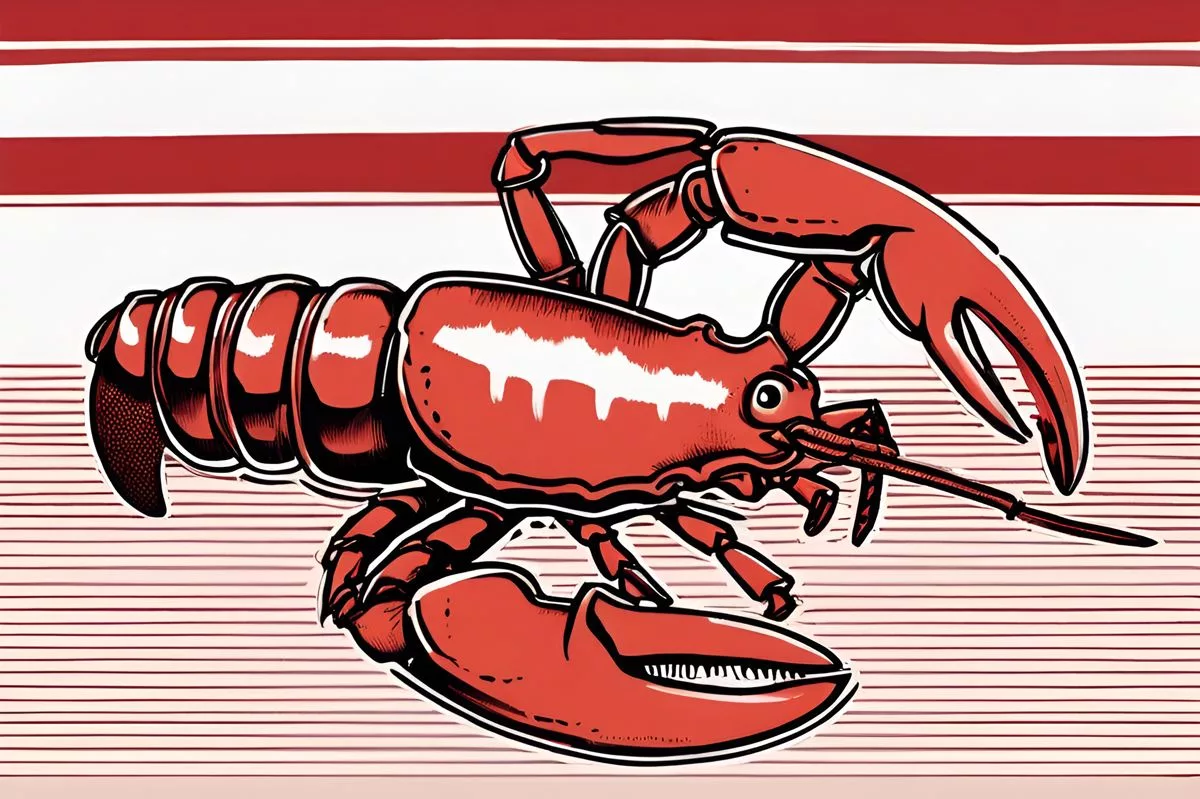The use of snares – anchored traps made from wire, rope, or cable – is endangering the region’s native wildlife in South Africa’s Western Cape. Organizations, including the City of Cape Town and the Cape Leopard Trust, have taken measures to address the rising use of snares, including organizing a snare awareness information gathering and executing a snare patrol. The consequences of snaring go beyond the unsuspecting victims it primarily targets, as it disrupts the ecosystem and intensifies human-wildlife conflict. A Snare Free hotline has been set up for residents to report trapped animals, highlighting the critical role of community involvement in wildlife conservation efforts.
How are organizations countering the rise of snaring in South Africa’s Western Cape?
Various organizations, including the City of Cape Town and the Cape Leopard Trust, have taken measures to address the rising use of snares. They organized a snare awareness information gathering and executed a snare patrol, aiming to enhance knowledge, exchange expertise, and reduce snaring. The consequences of snaring go beyond the unsuspecting victims it primarily targets, as it disrupts the ecosystem, intensifies human-wildlife conflict, and leads to accidental ensnarement of predators. A Snare Free hotline has been set up for residents to report trapped animals, highlighting the critical role of community involvement in wildlife conservation efforts.
In the lush greenery of South Africa’s Western Cape, a serious threat is endangering the region’s native wildlife. Amidst flourishing agricultural practices, the rich fynbos vegetation, and the vast semi-urban areas, the use of snares – anchored traps made from wire, rope, or cable – is rising, targeting game species such as small antelopes and porcupines.
Taking Action Against Snaring
Various organizations, including the City of Cape Town and the Cape Leopard Trust, have recently taken formidable measures to address this mounting threat. This unified movement materialized on 9 February 2024, when they organized a snare awareness information gathering and executed a snare patrol in the scenic Melkbos Corridor and Blaauwberg Nature Reserve. The session, attended by conservation officials from diverse City of Cape Town reserves, aimed to elevate knowledge, enhance abilities, and ensure the exchange of expertise in relation to snare reduction, that could be applied back in their individual preserves.
The Indiscriminate Cruelty of Snares
However, the fatal consequences of snaring go beyond the unsuspecting victims it primarily targets. As pointed out by Alderman Eddie Andrews, the City’s Deputy Mayor and Mayoral Committee Member for Spatial Planning and Environment, “This illegal hunting method is indiscriminate and cruel.” Animals ensnared suffer slow and agonizing deaths – dehydration, starvation, and infected injuries where the snare digs into their flesh. The suffering experienced by the trapped animal is indescribable, as Alderman Andrews emotionally highlighted.
The Greater Ecological Impact of Snaring
The effects of snaring ripple across the ecosystem, disrupting the natural balance and affecting predators like leopards and caracals. As snares reduce the population of prey animals, predators are inadvertently forced to prey on domestic animals, thus intensifying human-wildlife conflict. Additionally, predators can unintentionally become ensnared, an accidental side effect of the indiscriminate nature of these traps.
The Cape Leopard Trust has flagged the growing use of snares across the Western Cape as a cause for concern. The seriousness of the situation was emphasized during the information session. A patrol officer from the trust disclosed the alarming finding of 671 snares during 209 patrols across 112 properties, all within a year’s span. This was part of a snare-monitoring project in the Boland region of the Western Cape. Additionally, anecdotal evidence points to a parallel increase in the number of snares and trapped animals within the City of Cape Town, a troubling pattern.
Community Involvement in Wildlife Conservation Efforts
In an effort to reverse this unsettling trend, the Snare Free hotline has been set up. Residents who stumble upon a live wild animal trapped by a snare in the Western Cape are encouraged to keep a safe distance and dial the hotline at 076 127 8485. The service was developed to provide immediate assistance, highlighting the critical role the community plays in these conservation endeavors.
This joint initiative between the City of Cape Town and the Cape Leopard Trust not only sheds light on the concerning increase of snares in the Western Cape but also actively works to counter this hazard. By harnessing the collective wisdom and resources of conservation officials, they strive to protect the region’s abundant biodiversity, alleviate human-wildlife conflict, and ensure a viable future for South Africa’s wildlife.
What are snares?
Snares are anchored traps made from wire, rope, or cable that are used to capture game species like small antelopes and porcupines in the Western Cape region of South Africa.
How are organizations countering the rise of snaring in South Africa’s Western Cape?
Organizations like the City of Cape Town and the Cape Leopard Trust have organized a snare awareness information gathering and executed a snare patrol to reduce snaring. They aim to enhance knowledge, exchange expertise, and involve the community in wildlife conservation efforts.
What are the consequences of snaring?
Snaring disrupts the ecosystem, intensifies human-wildlife conflict, and leads to accidental ensnarement of predators. Animals ensnared suffer slow and agonizing deaths, causing dehydration, starvation, and infected injuries where the snare digs into their flesh.
How are predators affected by snaring?
As snares reduce the population of prey animals, predators are forced to prey on domestic animals, intensifying human-wildlife conflict. Additionally, predators can unintentionally become ensnared, an accidental side effect of the indiscriminate nature of these traps.
What is the Snare Free hotline?
The Snare Free hotline is a service set up in the Western Cape of South Africa to report trapped animals. Residents who stumble upon a live wild animal trapped by a snare are encouraged to keep a safe distance and dial the hotline at 076 127 8485.
What is the critical role of community involvement in wildlife conservation efforts?
The community plays a critical role in wildlife conservation efforts, as demonstrated by the Snare Free hotline. By involving the community, organizations can better protect the region’s abundant biodiversity, alleviate human-wildlife conflict, and ensure a viable future for South Africa’s wildlife.

